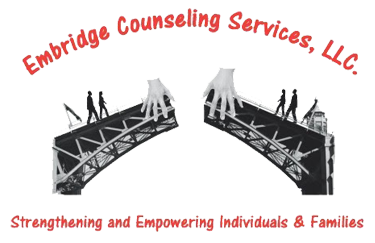I have been noticing a lot of criticism lately concerning Alcoholics Anonymous and Bill W’s “Twelve Steps” as a treatment model for the disease of addiction. Does it work? How Does it work? Is it appropriate that having a disease somehow deems you qualified to treat that disease? These were all questions that intrigued me so I started to do some poking around on my own only to find a very interesting comparison. Is the reason for AA’s success that it unwittingly adopts a lot of principles of one of the most empirically supported evidenced based treatments known to date: Cognitive Behavioral Therapy or CBT for short? I will admit, I did see many similarities, but in my humble opinion, the two treatment methods couldn’t be more opposite. While it does share a main idea of “thinking differently, acting differently” and “taking responsibility for your actions/decisions” It looks to me as though the core structural beliefs are clearly very different. Studies show that CBT has twice the success rate of AA and there seem to be many reasons why. One of the biggest differences is CBT’s focus on empowering a person to change his or her own life where as AA disempowers an individual in order to empower the group as a whole. AA places a strong emphasis on leaning on each other versus CBT’s goal of learning to depend on yourself. This may be why members stay fanatically loyal to the group even while relapsing. I noticed a few fundamental flaws in the group think of AA that might lend itself to the success of one treatment method over another:
Labeling:
The first step in AA is convincing the member to identify with the group by labeling themselves an “addict”. According to many therapists that believe in CBT this can send the wrong message to an already fragile individual. Instead of focusing on a specific action or mistake that needs to be corrected “I took a drink” one identifies themselves as that mistake “I am a loser, I am always messing up, there is no hope for me”. Labeling can be a slippery slope and is an irrational way of thinking. We are not what we do and insinuating otherwise can prove extremely damaging and disempowering to the individual.
All or nothing thinking:
AA lends itself to some harmful slogans that seem to promote this way of thinking. “One drink means one drunk” and other sayings like it can turn a small lapse in judgement into a major relapse. People tend to give up on themselves when they feel everything they have accomplished thus far has been forfeited by falling off the wagon.
Although I have seen some questionable ideas with AA, I believe that both methods have a place in addiction treatment today. There can be a strong message of hope in a peer role model who has overcome the tumultuous and treacherous disease of addiction that you yourself face. Group therapy is a strong tool to keep addicts honest and accountable but we must be careful. Addiction is the only disease listed in the DSM to date where having a disease makes you qualified to treat that disease. This should be more appropriately monitored, in my opinion. When it comes down to it, do your homework! When faced with any life threatening illness that is resistant to treatment and prone to relapse, do whatever combination of therapies works for you as we are all different and respond differently when subjected to different treatment models. I hope I have opened your eyes to some new possibilities and ideas. Until next time, take care.
Stephanie Rhodes BSN, RN

